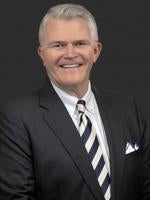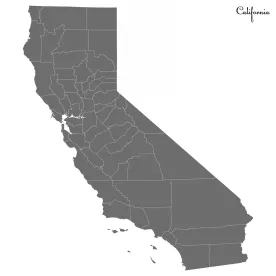By now, most California employers have heard of AB 5, which, along with the California Supreme Court decision, Dynamex Operations W. Inc. v. Superior Court, 4 Cal. 5th 903 (2018), has significantly affected the way many companies do business in California. While AB 5 was disruptive, it was also short-lived.
On Sept. 4, 2020, Gov. Newsom signed into law Assembly Bill 2257 (AB 2257), which immediately repealed California Labor Code section 2750.3 (formerly AB 5) and replaced it with Labor Code sections 2775 through 2787, among other amendments. While AB 2257 incorporates many of AB 5’s existing exemptions to the three-prong ABC Test used to determine a worker’s classification as employee vs. independent contractor (see earlier discussion of the ABC test here), the new law also significantly expands and clarifies the list of occupations that may qualify for an exemption from the test.
Many in the music and entertainment industry are now breathing a sigh of relief. AB 2257 creates several new exemptions for these industries, including for recording artists, songwriters, lyricists, composers, proofers, managers of recording artists, record producers and directors, musical engineers and mixers, certain musicians, vocalists, certain types of photographers, independent radio promoters, and certain types of publicists. It also creates an exemption for musical groups and musicians hired for single-engagement live performance events (when certain conditions are met), and for individual performance artists performing their own original and creative works (such as those performing comedy, improvisation, stage magic, illusion, mime, spoken word, storytelling, or puppetry). See Cal. Lab. Code § 2780.
The new law also addresses the highly criticized and seemingly arbitrary submission cap in the journalism/publication industry, as there is now no longer a limit on the number of assignments that can be taken by photographers, photojournalists, videographers, photo editors, freelance writers, editors, copy editors, illustrators, and newspaper cartoonists before triggering the need for an “employee” classification. Instead, to fall under the definition of “professional services” and potentially qualify for the exemption now found in Labor Code section 2778, the new law requires, among other factors, that these workers: 1) perform work under a written contract that specifies certain terms; 2) be free to work for more than one hiring entity; 3) primarily perform their work away from the hiring entity’s business location; and 4) not displace existing employees performing the same type of work at the same volume for the hiring entity.
AB 2257 also expands the list of occupations that may qualify under the professional services exemption (in which case the more flexible, multi-factor Borello test will apply), which now also includes content contributors, advisors, producers, narrators, and cartographers for certain publications and media (provided they do not displace existing employees performing the same type of work at the same volume), specialized performers hired to teach a “master class” for no more than one week, real estate appraisers, registered professional foresters, and home inspectors.
Finally, the new law expands the business-to-business exemption (now found within Labor Code section 2776) to apply to individuals acting as sole proprietors, and relaxes the requirement that a business service provider provide services directly to the contracting business rather than to its customers, so long as the “service provider’s employees are solely performing the services under the contract under the name of the business service provider and the business service provider regularly contracts with other businesses.” It also creates a brand-new exemption from the ABC Test within Labor Code section 2779 for two or more sole proprietors who contract with one another “for purposes of providing services at the location of a single-engagement event” provided certain criteria are satisfied.
While AB 2257 provides relief to certain businesses and workers, it remains a complex maze to navigate and continues to exclude many industries, most notably the technology, transportation, and certain other “gig” economy businesses. However, this new law may well elicit more lobbying and legal challenges, which may lead to more exemptions in the future. Employers that are not covered by the new exemptions should continue to monitor the law for updates.




 />i
/>i


